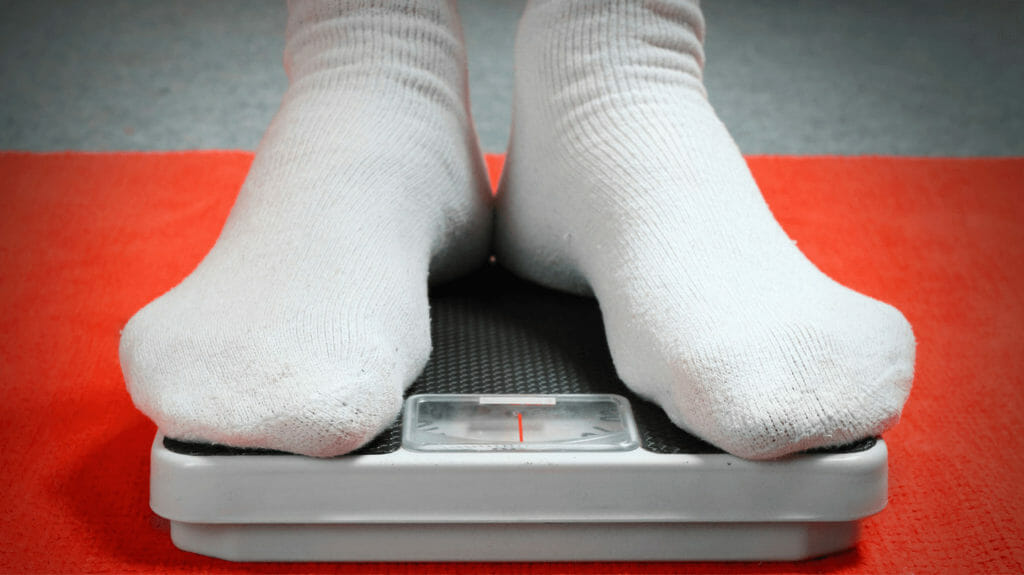
Weight loss of at least 5% was found in 40% of residents at assisted living communities during the first six months of the COVID-19 pandemic, according to findings from a retrospective chart review presented in a poster session at the Gerontological Advanced Practice Nurses Association 2022 Annual Conference, held Sept. 15 to 17 in Orlando, FL. Researchers were surprised to find that men were more likely to lose weight during quarantine than women.
“Mandated room quarantine can paradoxically result in loneliness, decreased appetite, less meal encouragement and assistance, and subsequently weight loss,” said study author Maureen S. Beck, DNP, APRN, GNP-BC, and colleagues from McGovern Medical School at the University of Texas Health Science Center at Houston. Canceled exercise and group classes and eating off of Styrofoam may have contributed to the weight loss, they said.
The study was conducted at 18 assisted living communities in the Houston area. The researchers extracted data from medical charts on body weight, demographics, function, mental status and diagnosis of dementia or depression from January through August 2020. In Texas communities, the COVID-19 quarantine lasted from March to July 2022 and visiting policies eased thereafter, said Beck, who is an assistant professor in the Joan and Stanford Alexander Division of Geriatric and Palliative Medicine and comedical director of the UTPhysicians Center for Healthy Aging. Significant weight loss is defined by Medicare as 5% or more of their body weight in 1 month or 10% or more in 6 months.
Of the 53 resident charts included in the analysis, 21 (40%) showed weight loss of 5% or more of their body weight; 10 of those residents (19%) lost 10% or more of their body weight. Men were more likely to show significant weight loss during quarantine (odds ratio [OR], 14.22) as were residents with dementia (OR, 1.93). Residents with depression or COVID-19 infection were less likely to show significant weight loss (OR, 0.31 and 0.77, respectively).
Study limitations included the small sample size (charts from only 53 of 80 potential residents had complete weight documentation).
“State guidelines and national assisted living organization standards should be developed for weight monitoring and documentation in assisted living facilities, especially during quarantine periods.”
Maureen S. Beck, DNP, APRN, GNP-BC
“Accurate weight monitoring is an important tool for providers as they manage resident health,” Beck said. The researchers found considerable variability in weight monitoring between communities ranging from those that don’t weigh residents to those using computer tracking with warnings for abnormal changes. “State guidelines and national assisted living organization standards should be developed for weight monitoring and documentation in assisted living facilities, especially during quarantine periods,” she said.
“As quarantine continues to be used for COVID-19 outbreaks, weight, particularly in men, needs to be monitored” at assisted living communities, the researchers concluded. The researchers will use the data to develop a quality improvement project to raise awareness of risks for weight loss during quarantine and propose possible interventions to prevent significant weight loss.
Reference
Beck M, Bi S, Atai F, Rianon N. The Effect of quarantine on body weight in residents of assisted living facilities during COVID-19. Poster presented at: GAPNA 2022; September 15-17, 2022; Orlando, Florida.



